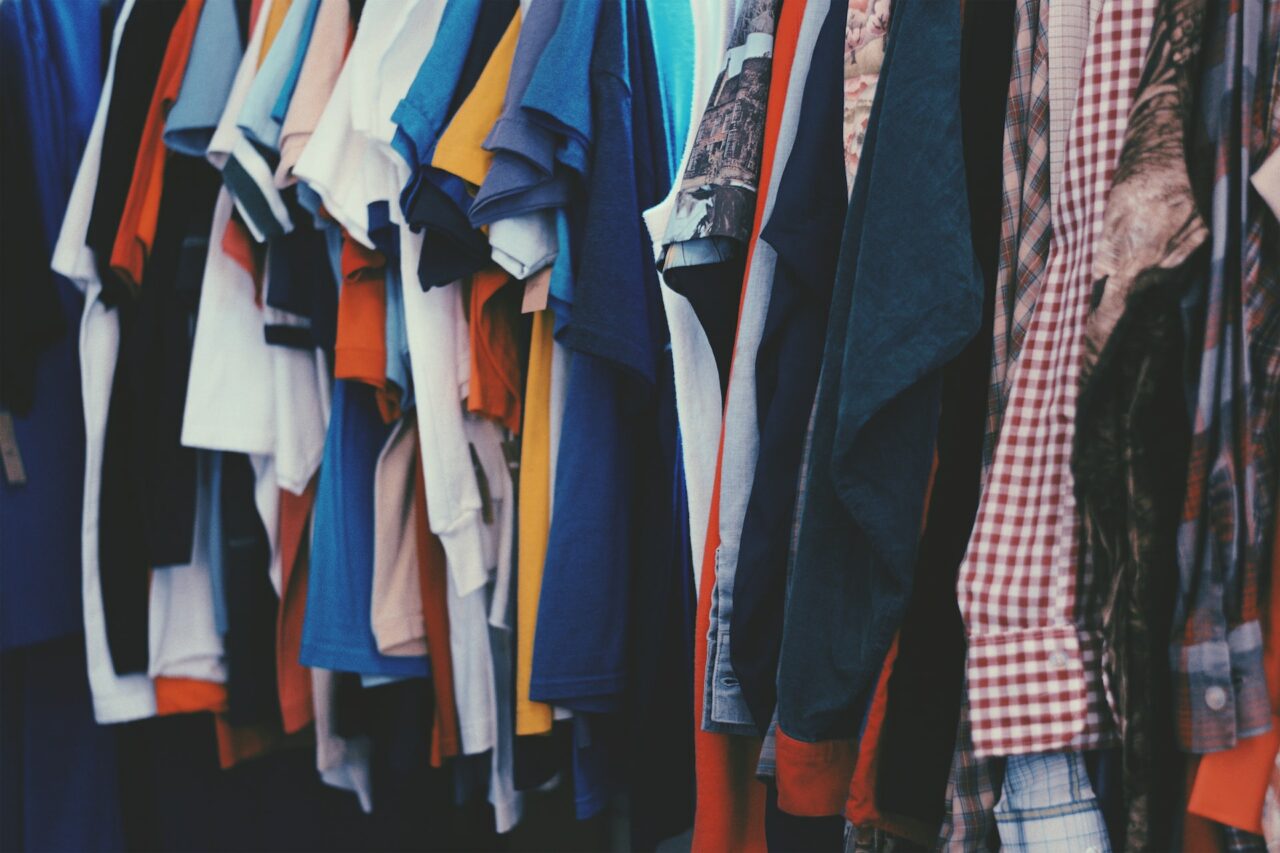You don’t need these clothes

We want quick pleasures
Everybody wants to feel good. And the sooner the better. A purchase, even an unnecessary one, is a burst of happiness, quick and affordable. Just like food, YouTube videos, Facebook likes and computer games.
Wanting a dose of joy here and now, we don’t think about the long term and are willing to give up something more if it still has to wait. That’s why many people find it so difficult to save money: a car will be able to buy in a couple of years at best, but a set of 60 rolls will arrive in an hour and a half. This, by the way, is one of the many cognitive traps – overestimation of discounts.
We fall prey to it because of the neurotransmitter dopamine, which transmits signals between CNS neurons. Among other things, dopamine is an important part of the reward system. At first, scientists thought it caused joy and pleasure.
Initially, dopamine was needed to make humans act: to get food, to hunt, to seek shelter, to look for sexual partners – in other words, to survive and continue the species. But now that food can be bought in the store near our home, dopamine and the whole “reward system” play into the hands not of us, but of the marketers and social media creators.
We depend on other people’s opinions
In 1848, U.S. presidential candidate Zachary Taylor used a bandwagon for his campaign. It was successful, Taylor became president, and other politicians adopted his idea. The expression “jump on the bandwagon” has become a standard phrase in the English language. It is a way of referring to someone who wants to be part of the majority.
Put another way, this trap can be called the imitation effect or the effect of joining the majority. We want to be as good as others, and in order to do so we buy what everyone else has, what is fashionable and popular.
When we make choices by listening to the opinions of others, we can unwittingly set off an information cascade: people ignore their own thoughts and needs and make decisions over and over again, repeating the behavior of others. If someone in this chain makes a mistake, one mistake leads to others. And all of this can lead to collapse. For example, the collapse of the stock market.
Avoid Temptation
- Before you go shopping, make a shopping list and don’t deviate from it unless absolutely necessary.
- Leave bank cards at home and turn off contactless payment services on your smartphone. Take only cash with you-a fixed amount that’s enough for your
planned purchases. Or set limits on spending money in your online banking account. - Gather information and reviews about the product you want to buy beforehand. The more time you spend in the store, the greater the risk that you will be persuaded to take an unwanted item.
- If you often berate yourself for reckless spending in online shopping, block yourself from making transactions online.
- Don’t go to the stores on an empty stomach. Not just at the grocery store, but at any other store. Appetizing smells and images fire up the dopamine system and make you seek pleasure, which means buy-buy-buy-buy.
Engage your imagination
Science journalist Irina Yakutenko in her book “Will and Self-Control” suggests not thinking about the positive qualities of the object of your desire, but instead focusing on its abstract characteristics.
If you want to buy a new dress, you should not imagine how beautiful it will accentuate your figure, how the hem will flow with every movement you make, and what looks you will receive from others.
